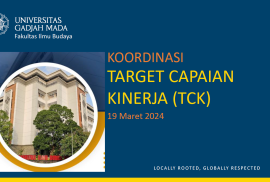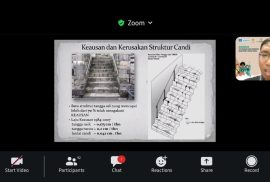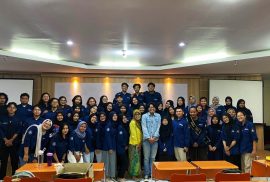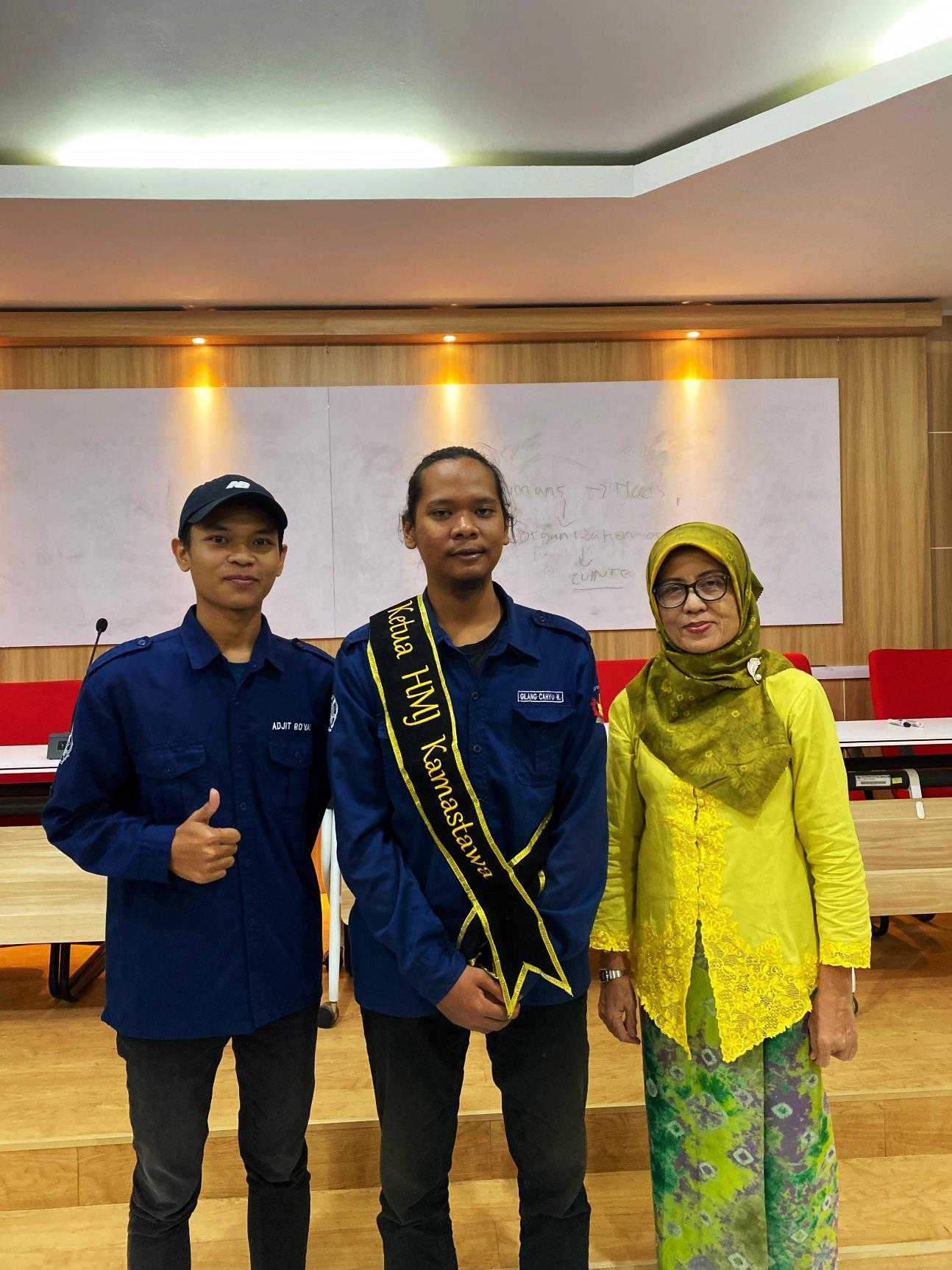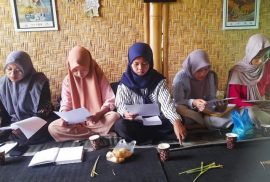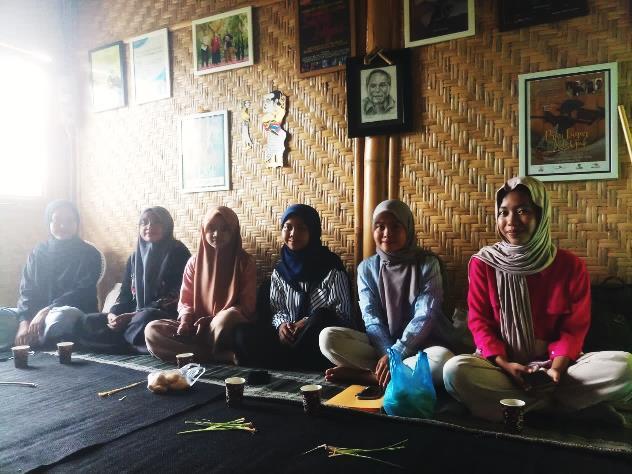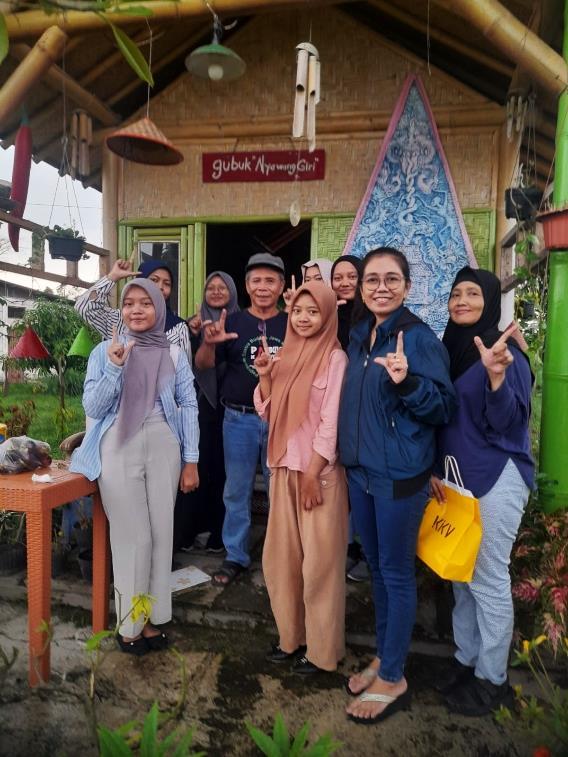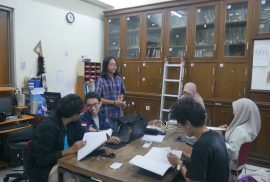On Tuesday, March 19, 2024, the Faculty of Cultural Sciences UGM held an online socialization of the FIB UGM 2024 Work Outcome Targets (TCK) by inviting a number of heads of undergraduate and postgraduate study programs at FIB UGM, lecturers, Department / Study Program administrators, and part-time staff. The TCK socialization aims to determine the achievement goals in the performance of the Faculty of Cultural Sciences UGM. This TCK was developed into the 2023-2026 Strategic Plan which was then elaborated in the Strategic Plan Program (Renstra). A number of Renstra 2023-2026 programs include partnership cooperation in tridharma activities involving students and lecturers, development of an integrated innovation ecosystem, increasing recognition of study program excellence at the national and international levels, strengthening outstanding students, developing research resources and research that can be utilized by the community, and others.
The presentation began with remarks by the Deputy Dean for Finance, Assets, and Human Resources, Suray Agung Nugroho, S.S., M.A., Ph.D., who also explained to the invited guests about the overall Work Achievement Targets which included the 2023-2026 Strategic Plan, Strategic Plan programs, performance indicators, and targets collected. The 2023-2026 Strategic Plan program also applies to be fulfilled for each study program and department at FIB UGM. The socialization of TCK FIB UGM 2024 is expected to provide important information about detailed steps and efforts to all parties involved to improve the quality of education and Tridharma at FIB UGM and Universitas Gadjah Mada.

